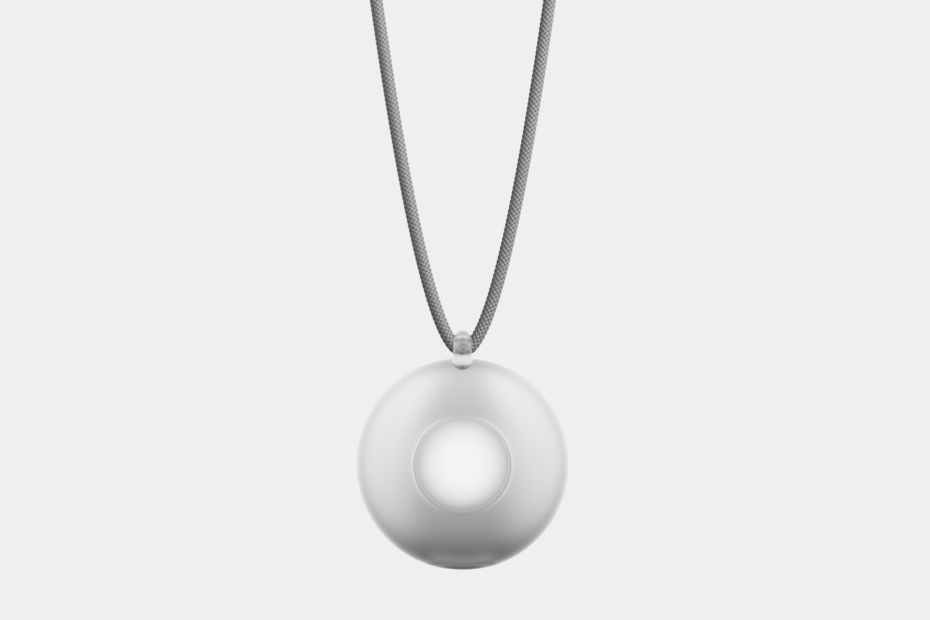Friend AI: Personal Enhancement or Uninvited Company?
written by Christopher Register You can now pre-order a friend—or, a Friend, which is designed to be an AI friend. The small, round device contains AI-powered software and a microphone, and it’s designed to be worn on a lanyard around the neck at virtually any time. The austere product website says of Friend that, “When… Read More »Friend AI: Personal Enhancement or Uninvited Company?



